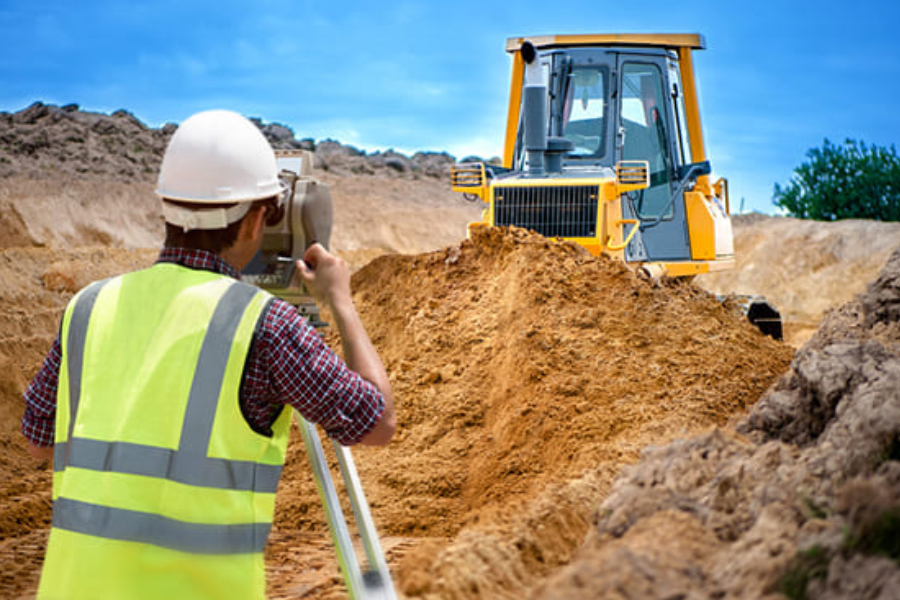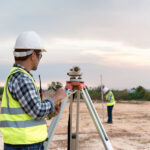A career as a land development engineer may not be for everyone. While you may not have the right technical skill set, you might be able to pick it up fairly quickly. Land development engineers typically deal with a wide variety of people, from attorneys to municipal engineers. They may even have to deal with landscape architects, home buyers, and angry citizens at public meetings. If you’re interested in becoming a land development engineer, here are some things you need to know. There are several development companies but among them, the best one is Noble Land Development.
In addition to overseeing a development’s infrastructure, they’re involved in ensuring that the site design meets state and local regulations. These requirements are especially challenging in coastal areas. For example, a developer may buy a piece of property based on an assumed developable land area, only to discover that half of the land is subject to a tree conservation plan. In such a situation, a land development engineer would work with the developer to ensure that the entire area meets all requirements for development.
Despite having a good plan for development, even the most well-developed concept may end up being unworkable once the building starts. A land development engineer will make sure that the plans are feasible, incorporating earthwork, lot configurations, trails, and other amenities into the project. During this phase, the civil engineer will coordinate with various architects and developers to ensure the design meets municipal and zoning regulations. The next step is to obtain all necessary permits and submit the plan to governing bodies.
What do land development engineers do? The main function of land development engineers is to oversee the development of vacant land. They analyze land to determine its potential to grow and the value of the property in that area. If a plot is a good candidate for development, land developers may even rezone it to allow development. When zoning regulations change, these professionals must update the plans for future development. Ultimately, they ensure the success of the project.
A bachelor’s degree in civil engineering or a related field is usually required for this position. Some land development civil engineers also pursue a master’s degree in construction management. Master’s degree programs teach students to use computer-aided design software and construction management. Some land developers begin their career as apprentices, providing assistance to primary engineers on large projects. However, employers generally prefer professionals with four or more years of experience. In order to become a professional engineer, you will need to pass a series of licensing exams and gain professional engineering status.
Land development engineers are in constant contact with a wide variety of people involved in the process of land development. Their job involves working with various individuals, including architects and surveyors. Often, they collaborate with various departments to determine the best way to develop a site and maximize its value. For example, a company moving its headquarters to a rural location envisioned needing 50 acres of land for its new campus. An available parcel provided almost double the space and tripled the company’s first-right options. Their consulting engineers convinced the company to buy the property and avoid the construction costs that would result.


 How to Get Rid of Musty Odours in Your Basement
How to Get Rid of Musty Odours in Your Basement  Roofing Repair in Harrisburg: Protecting Homes Through Quality and Care
Roofing Repair in Harrisburg: Protecting Homes Through Quality and Care  Restoring Strength and Safety with Expert Concrete Repair in Marion
Restoring Strength and Safety with Expert Concrete Repair in Marion  Locked Out? How Total Security Locksmith Handles Emergency Lockout and House Lock Services with Ease
Locked Out? How Total Security Locksmith Handles Emergency Lockout and House Lock Services with Ease  How Takara Standard Kitchens in Singapore Evolve With Every Milestone
How Takara Standard Kitchens in Singapore Evolve With Every Milestone  The Hidden Benefits of Serviced Apartments for Rent in Singapore
The Hidden Benefits of Serviced Apartments for Rent in Singapore  Top 5 Benefits of Installing Roller Blinds in Singapore Homes
Top 5 Benefits of Installing Roller Blinds in Singapore Homes  DIY Log Cabin Christmas Decorations on a Budget
DIY Log Cabin Christmas Decorations on a Budget  Why Homeowners Choose LUKA Design and Build for Timeless Architecture and Modern Function
Why Homeowners Choose LUKA Design and Build for Timeless Architecture and Modern Function 







